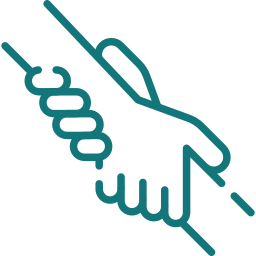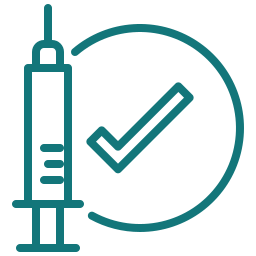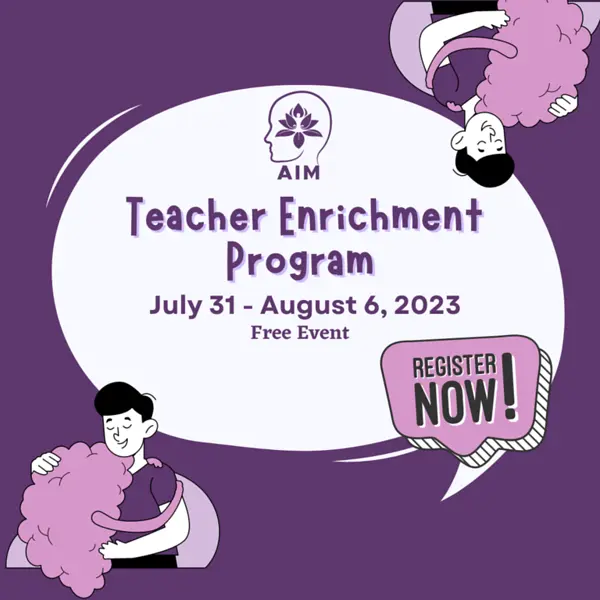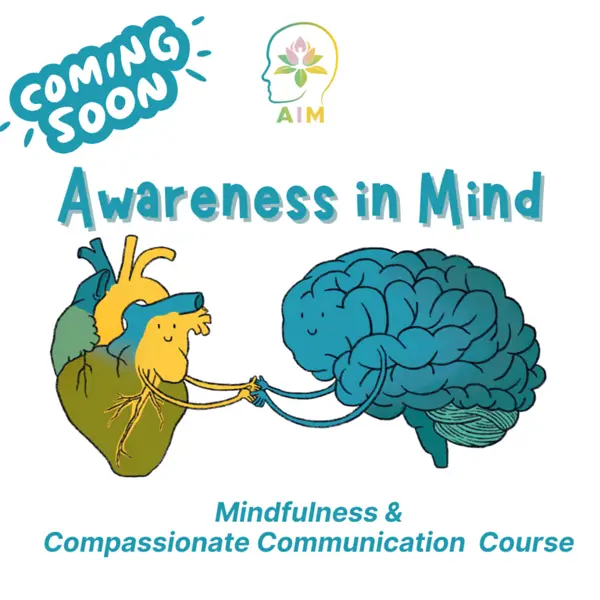- Home
- About Us
- Countries
- Projects
Edit ContentEdit Content
Our Aim
Health Care Program
Health directly translates into happiness which is one of our core values. Creating a healthy society is not just about providing treatment, it is also about creating an environment that prevents disease. Our health program is designed with the understanding that this is a complex issue that requires intervention on many fronts. Edit Content
Edit ContentOur Aim
Water & Sanitation Program
In developing nations, contaminated water is among the main reasons for high chid mortality rate. Water-borne diseases are largely preventable. Our Aim Foundation is running programs to provide clean water.
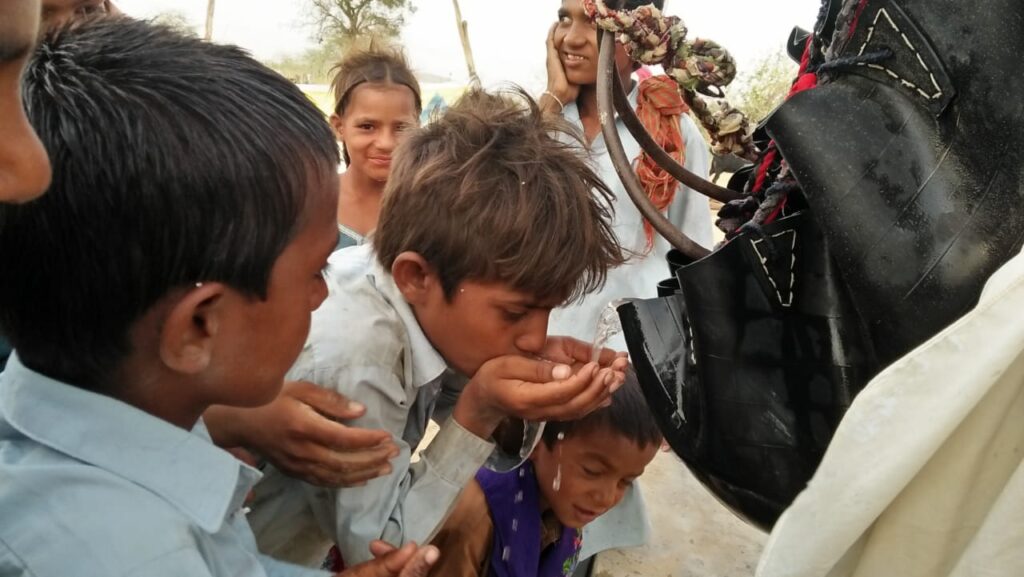 Edit Content
Edit ContentOur Aim
Women Empowerment Program
Our Aim works with partners to provide women with education, skills, and the means to start their own businesses while addressing their healthcare and psychological needs.
 Edit ContentEdit Content
Edit ContentEdit ContentOur Aim
Hunger Prevention Program
Food insecurity continues to plague most developing countries. According to the UN, around 700 million people face malnutrition around the world. We have distributed 380,000+ meals and distributed food rations in disaster-hit areas.
- Discover






